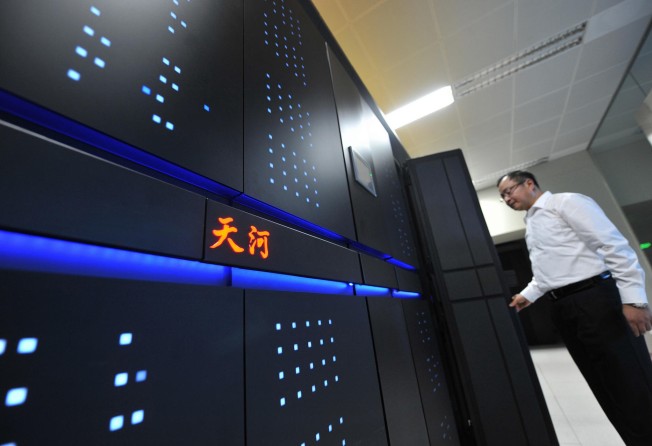China's world-beating supercomputer fails to impress some potential clients
The Tianhe-2 has again topped the global rankings, but a lack of investment on software limits its use, researchers say

The mainland's billion-yuan supercomputer might be the most powerful in the world, but some researchers say its benefit to them is limited by its high operating cost and a lack of software.
Tianhe-2 last week held onto its first-place ranking in the Top 500 charts, which measures the capacity of the world's supercomputers. It performed at a sustained 33.86 petaflops, or quadrillions of calculations per second.
Print option is available for subscribers only.
SUBSCRIBE NOW